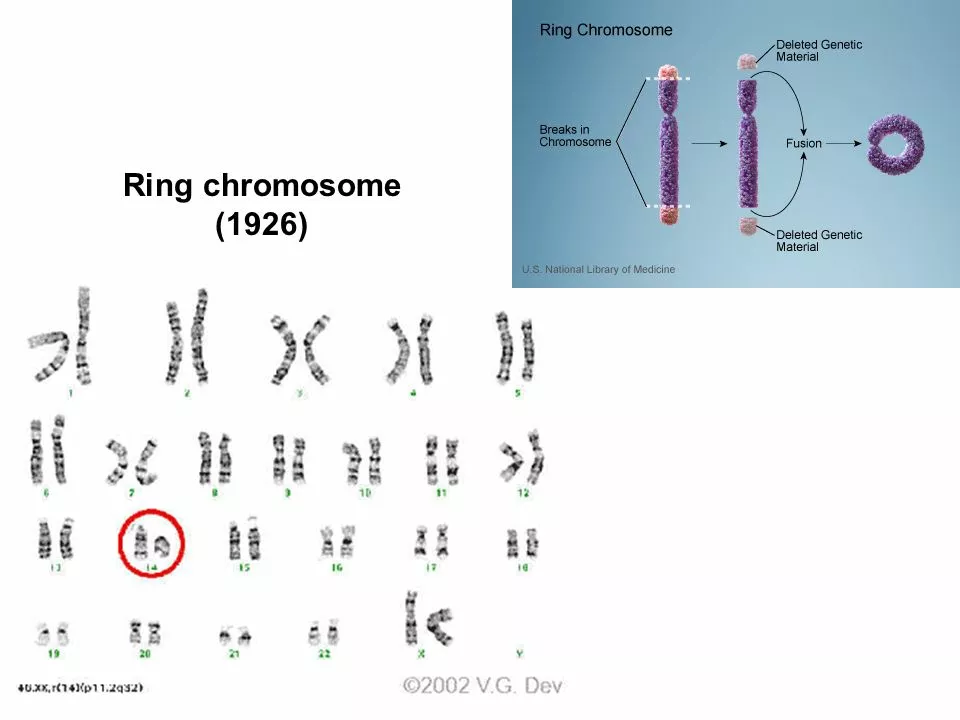Grasping the Basics of Chromosome-Positive Lymphoblastic Leukemia
Before diving into the genetics of chromosome-positive lymphoblastic leukemia, it's crucial to first understand the basics of this condition. Lymphoblastic leukemia is a type of cancer that affects the white blood cells in our body, specifically the lymphocytes. These cells play a vital role in our immune system, helping us fight off infections and diseases. When someone has lymphoblastic leukemia, their body produces an excessive number of immature lymphocytes that are unable to function properly, leading to a weakened immune system and other complications.
Chromosome-positive lymphoblastic leukemia, also known as Philadelphia chromosome-positive leukemia, is a subtype of this cancer that is characterized by a specific genetic abnormality. In patients with this condition, a piece of chromosome 9 fuses with a piece of chromosome 22, creating a new, abnormal chromosome known as the Philadelphia chromosome. This genetic change leads to the uncontrolled growth of cancerous cells, resulting in the development of leukemia.
The Role of Genetics in Chromosome-Positive Lymphoblastic Leukemia
Now that we have a basic understanding of what chromosome-positive lymphoblastic leukemia is, let's explore the role genetics play in the development of this condition. The genetic mutation responsible for the Philadelphia chromosome occurs randomly and is not inherited from our parents. This means that the vast majority of cases are not due to a family history of the disease. However, understanding the genetic mechanisms behind this mutation can help researchers develop more targeted and effective treatments for patients.
The Philadelphia chromosome forms when parts of the BCR and ABL1 genes, which are located on chromosomes 9 and 22 respectively, swap places and fuse together. This fusion creates a new, abnormal gene called BCR-ABL1, which produces a protein with the same name. This protein has the ability to constantly activate signals that promote cell growth and division, leading to the rapid production of immature and dysfunctional lymphocytes. Understanding this genetic mechanism is vital to developing targeted therapies that can block or disrupt the function of the BCR-ABL1 protein, slowing down or stopping the progression of the disease.
Diagnosing Chromosome-Positive Lymphoblastic Leukemia
A correct and timely diagnosis is crucial for the effective treatment of chromosome-positive lymphoblastic leukemia. Since the presence of the Philadelphia chromosome is a defining characteristic of this condition, genetic testing is a key component of the diagnostic process. One common method used to identify the BCR-ABL1 fusion gene is a test called fluorescence in situ hybridization (FISH). This test uses fluorescent probes that bind to specific DNA sequences, allowing the detection of the abnormal chromosome.
Other diagnostic tests that may be used include cytogenetic analysis, which examines the chromosomes in a sample of cells, and polymerase chain reaction (PCR), which detects and measures the amount of BCR-ABL1 fusion gene in the blood or bone marrow. By combining the results of these tests with a thorough examination of a patient's medical history and symptoms, doctors can accurately diagnose chromosome-positive lymphoblastic leukemia and determine the most appropriate course of treatment.
Treatment Options for Chromosome-Positive Lymphoblastic Leukemia
Thanks to advancements in our understanding of the genetics behind chromosome-positive lymphoblastic leukemia, there are now more targeted and effective treatment options for patients. One such treatment is called tyrosine kinase inhibitors (TKIs), which are designed to specifically block the activity of the BCR-ABL1 protein. By inhibiting this protein, TKIs can help slow down or stop the growth of cancerous cells. Some commonly used TKIs for this condition include imatinib, dasatinib, and nilotinib.
Other treatment options may include chemotherapy, which uses drugs to kill rapidly dividing cells like cancer cells, and stem cell transplants, which replace the patient's damaged bone marrow with healthy stem cells from a donor. The specific treatment plan for each patient will depend on factors such as their age, overall health, and the severity of their disease. It's important for patients to work closely with their healthcare team to determine the best course of action for their individual needs.
Coping with Chromosome-Positive Lymphoblastic Leukemia
Receiving a diagnosis of chromosome-positive lymphoblastic leukemia can be overwhelming, but it's essential to remember that there are resources and support available to help patients navigate this journey. One important aspect of coping with this condition is staying informed and educated about the disease, its genetics, and the available treatment options. By understanding the science behind their diagnosis, patients can feel more empowered to make informed decisions about their care and advocate for their needs.
Additionally, connecting with others who are going through a similar experience can provide invaluable emotional support and practical advice. Many hospitals and cancer centers offer support groups for patients and their families, and there are also online communities and forums where people can share their stories and connect with others facing similar challenges. Lastly, don't hesitate to reach out to your healthcare team with any questions or concerns you may have – they are there to help you every step of the way.


Write a comment